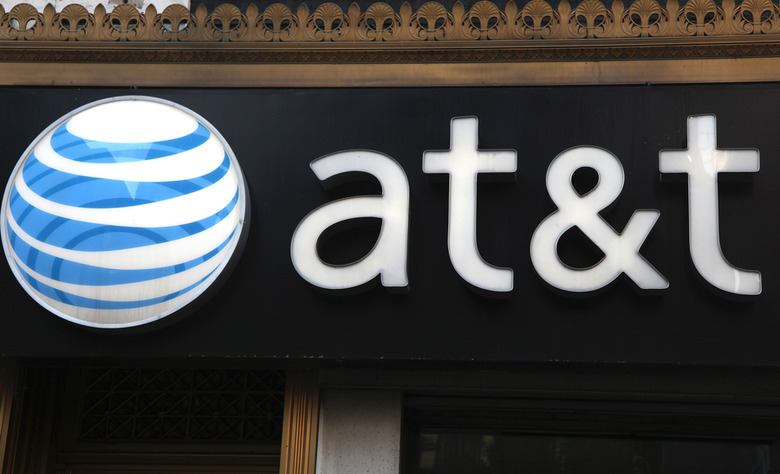Ookla: AT&T Once Again Has The Fastest Wireless Network In The US
AT&T is back on top as the fastest wireless network in America, according to new results released Tuesday from Ookla, the maker of the popular Speedtest utility.However, there are a number of familiar qualifiers that need to be pointed out as soon as that result is mentioned. First, the results only measure a snapshot of a moment in time — in this case, Q1-Q2 2019. Also, Ookla's results are generated via crowd-sourced testing, which has limitations compared to roadtests. Which isn't to say that either is the best or even that either one will give you an unimpeachable result. It's just that, as with most measurements of quality, there are important caveats to be aware of.
Here are the results for the first half of 2019: Speedtest Intelligence data revealed the AT&T was the fastest wireless operator in the US, with a Speed Score of 32.91. That's up 45.1% over the same period in 2018. T-Mobile was the second-fastest, with a score of 30.94 (up 9.4% year-over-year), while Verizon came in third, with a score of 29.45 (up 9.5%). Interestingly, Sprint came in last, with a score of 28.15 — but it showed the second-largest YoY improvement (36.8%).
T-Mobile released this statement from its CTO Neville Ray in the wake of the release of the results:
The carriers want us to believe there's a trade-off between network quality and price, but these studies show that's not true any longer. T-Mobile's network is the only one to provide meaningful performance in every category, going toe-to-toe with the big guys while they fluctuate wildly from one measure to the next.
During the test period, Ookla says over 4.1 million unique mobile user devices were used to perform more than 11.5 million consumer-initiated cellular network tests on Speedtest apps. Ookla analyzed those tests to determine the mobile operators with the fastest and most consistent networks across the country — and which offers the best access to LTE.
Another thing to keep in mind with results like this is that the "fastest" network does not mean the "best" network. Ookla's data is just that — one more data point to use in drawing more comprehensive conclusions that require additional inputs. Roadtests, as opposed to speed tests, generate valuable (and more consistent) data, though they have their critics, too. The choice of where in the country the handsets are actually driven around can certainly impact the roadtest results — again, all of which is to say that there are caveats and qualifications aplenty regarding studies and results like this.
